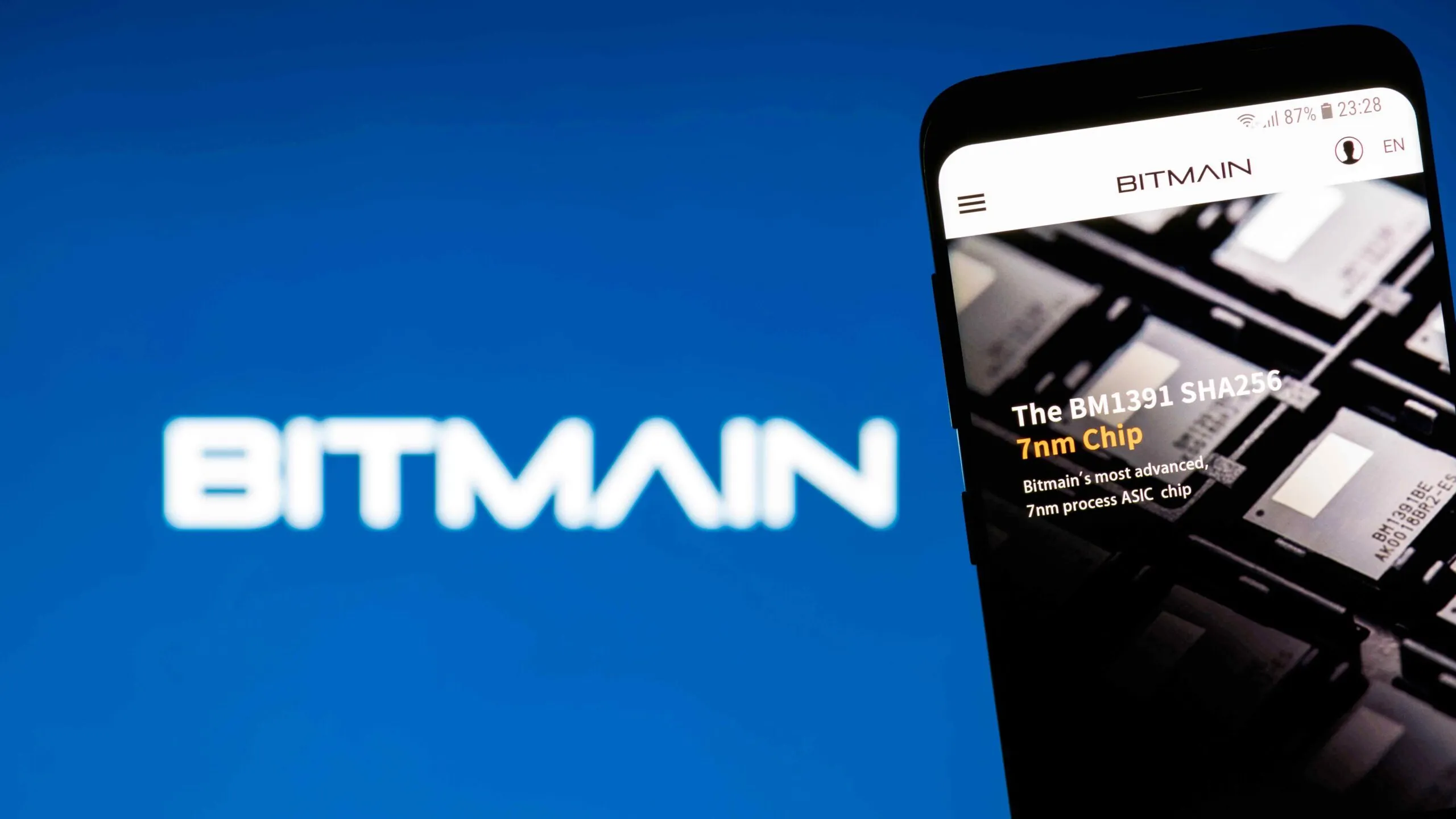Bitmain, a leading cryptocurrency mining hardware manufacturer, refuted claims linking it to a supply chain investigation involving Huawei following multiple media reports.
The company issued a formal statement on Twitter yesterday denying any involvement in the ongoing probe, calling the reports “false and baseless.”
Bitmain also warned it may pursue legal action against media outlets spreading false information.
The controversy surfaced after a recent Reuters report stating how Taiwan Semiconductor Manufacturing Company (TSMC) halted chip shipments to Sophgo, a Chinese chip manufacturer affiliated with Bitmain.
比特大陆声明 pic.twitter.com/AJ8papabsl
— BITMAIN (@BITMAINtech) October 28, 2024
The investigation began when a TSMC-made chip was found embedded in Huawei’s Ascend 910B AI processor, as per two people familiar with the matter, according to the report.
The report raised concerns about a potential breach of U.S. export regulations, as Huawei has been under restrictions since 2020, prohibiting its access to U.S.-derived technologies due to national security concerns.
TSMC immediately notified U.S. and Taiwanese authorities of the situation and suspended its shipments to Sophgo while the investigation continues.
The U.S. Department of Commerce, which enforces export controls, stated that it is aware of the situation but did not confirm whether an official investigation into the matter is underway, as per the report.
Huawei has denied sourcing chips from TSMC following the 2020 U.S. export restrictions, which aimed to limit Huawei’s access to foreign technologies made using U.S. components.
The restrictions fall under the Foreign Direct Product Rule (FDPR), a measure implemented by the U.S. Department of Commerce to prevent companies like TSMC from supplying advanced chips to Huawei without a U.S. government license.
Sophgo, co-founded by Micree Zhan, the ousted CEO of Bitmain—also denied any direct involvement in supply chain dealings related to Huawei.
Sophgo issued a similar statement as Bitmain, clarifying that it has never conducted business with Huawei and remains fully compliant with all export laws.
As per the statement, the chipmaker provided TSMC with a detailed report to clear its name and hinted at legal action if inaccurate reports continue to harm its reputation.
Zhan was removed from his leadership position at Bitmain in 2019 following a power struggle with co-founder Jihan Wu.
Wu’s strategic removal of Zhan involved reducing his voting rights through internal maneuvers, triggering legal battles that eventually allowed Zhan to regain partial control over Bitmain through litigation in 2020.
Huawei’s troubles with U.S. regulators have persisted due to concerns that its technology poses national security risks.
In August 2020, the U.S. Commerce Department announced sanctions that restrict any foreign semiconductor company from selling chips developed or produced using U.S. software or technology to Huawei.
These restrictions have disrupted Huawei's supply chains, forcing the tech giant to explore alternate channels to maintain operations.
Bitmain and Huawei did not immediately respond to a request for comment from Decrypt.
Edited by Stacy Elliott.

